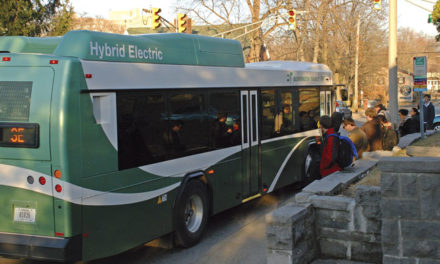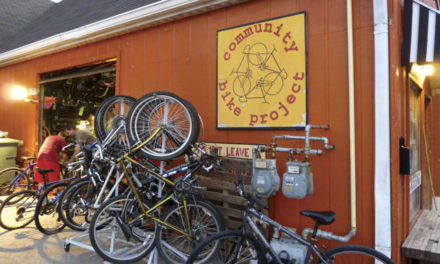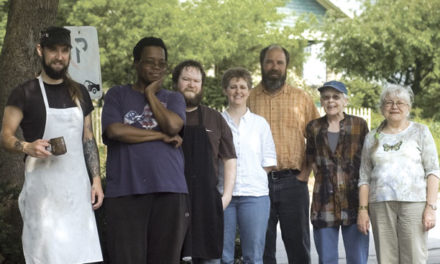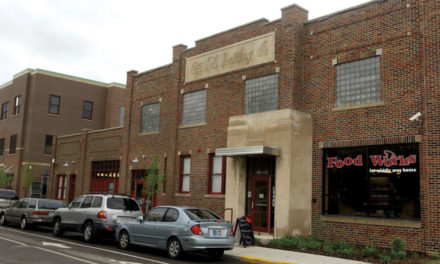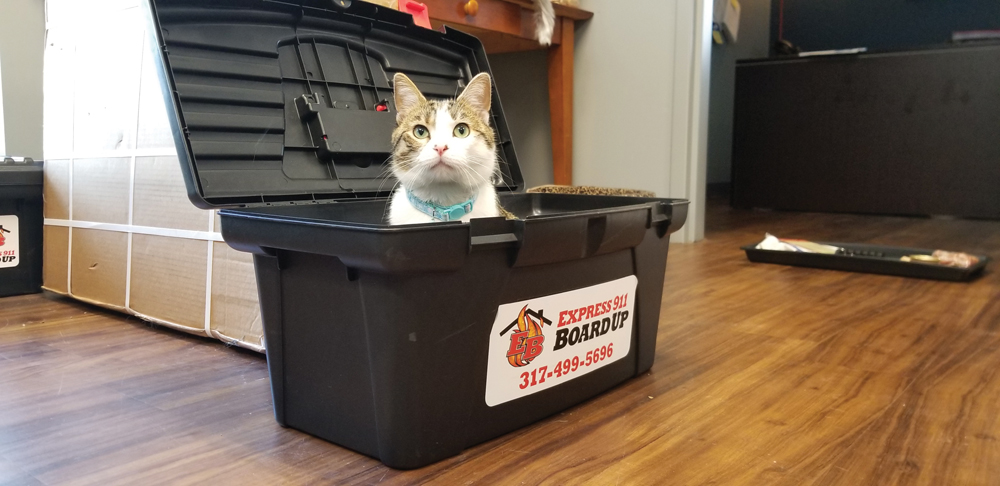
by JULIE GRAY
According to the American Veterinary Medical Association, about 40,000 pets die in household fires in the United States every year.
In response to those disturbing numbers, Kimberly Goy, development director for the Monroe County Humane Association (MCHA), spearheaded a campaign to protect local pets, and last spring the MCHA outfitted all 37 Bloomington, Ellettsville, and township fire trucks with animal rescue kits. As of December, all 18 IU Health ambulances will also have rescue kits on board.
The kits contain pet oxygen masks, treats to lure frightened animals to safety, and restraints like slip leads to secure them, as well as instructions for animal wound care and CPR. Each kit cost about $200 to assemble.
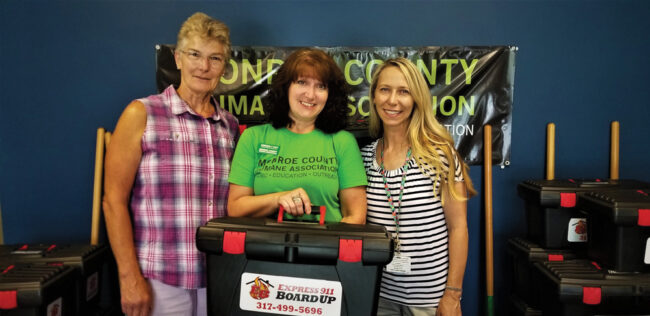
A number of government agencies and businesses lent support, including retired firefighter Jean McGrane, College Mall Veterinary Hospital, and the Monroe County Health Department. Kurtis Cummings, co-owner of Switchyard Brewing and a former IU Health Emergency Medical Services employee, donated the tackle boxes that hold the rescue kit supplies.
Goy, who had been thinking about rescue kits for a while, says that her initial meeting with local fire chiefs reassured her that she was on the right track. “One of the fire chiefs shared that he’d seen a switch [in people’s attitudes] in the last five years,” Goy says. “People were fighting to go back into their burning homes to rescue their pets. He realized that the fire department needed to focus on pets. They aren’t just a piece of furniture. They’re part of the family.”
The MCHA has also signed an agreement with Monroe County Emergency Management to be a first responder for natural disasters like tornadoes and chemical spills that involve pets and livestock. The MCHA’s responsibilities include setting up emergency intake shelters and helping law enforcement contact pet owners.
“I’ve put together a 68-page manual outlining our duties,” Goy says. “It was a lot of work, but the MCHA has past experience with [animal] hoarding and dogfighting cases to draw on.”
No local disasters or fires have broken out yet, though Goy says they are inevitable. In the meantime, just as remembering to take an umbrella seems to ward off rain, Goy hopes having rescue kits and a disaster plan in place will have a similar protective effect.


